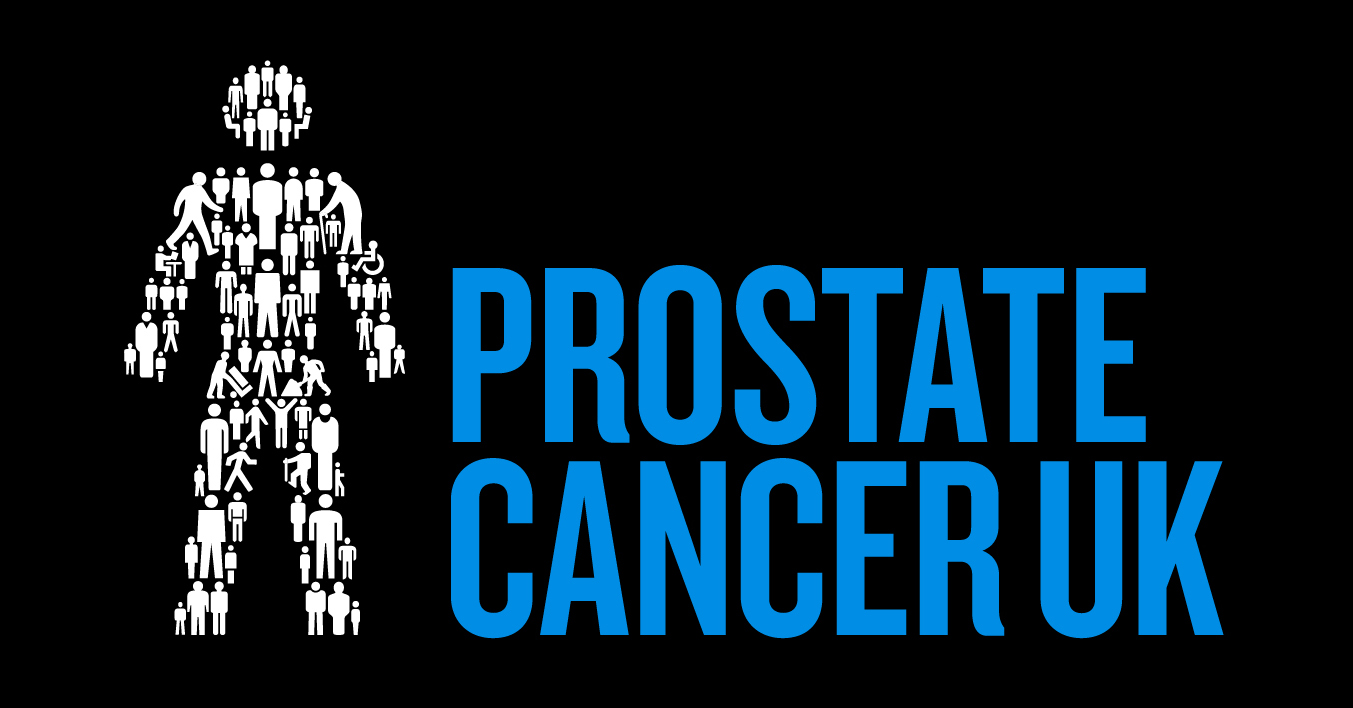Insurance gives you the peace of mind that if an accident or injury were to happen at your club, you wouldn’t face financial turmoil.
But that’s exactly what could happen if you choose to place your cover with an unrated insurer.
An unrated insurer is one that hasn’t been graded by insurance rating organisations like A.M Best, Fitch, Mood’s and Standard & Poor’s. The rating an insurer is given ranges from AA to D and is based on their financial stability.
Essentially the ratings organisations are judging the likelihood that an insurer will be able to pay out on any potential claim.
If an insurer is unrated, it doesn’t necessarily mean that they aren’t financially stable. However, the fact that they’re unrated should ring alarm bells.
There are a number of reasons why an insurer would be unrated. The two most common are:
- The insurer chooses to be unrated. The most likely reason for this is that they don’t want to be put under financial scrutiny.
- The country in which the insurer is based is economically or politically unstable.
Neither of these reasons should instil trust in a club to use an unrated insurer.
Some clubs may choose to place business with an unrated insurer because traditionally, they are much cheaper. But there is a reason they’re much cheaper, and that’s because they wouldn’t be able to compete otherwise.
A much cheaper premium is fantastic if your club never has to make a claim. But with the nature of the risk at clubs, that is rarely the case.
Even if you think your club has very few incidents, one single trip or fall could cost you thousands. If your insurer can’t pay out, your club could be in trouble.
This isn’t a scare story; there has been a number of examples of unrated insurers having licenses removed or falling into financial ruin and unable to fulfil claims obligations.
For example, unrated provider, ERIC, suddenly withdrew from offering business to the UK market after having its license revoked for being unable to meet minimum solvency requirements. They then set about taking legal proceedings against brokers who moved business from one unrated insurer (ERIC) to another.
More recently, unrated Danish insurer, Alpha, went into solvent liquidation, leaving the Financial Services Compensation Scheme to transfer 177,000 GAP polcies.
Perhaps the most well-known example, is Gable. After wrestling with liquidation and legal complexities in 2016, Gable were unable to pay out £161 million in claims and subsequently collapsed. £161 million sounds a lot; it’s even worse when you think of the amount of businesses who had individual claims within that amount. £20,000 here, £30,000 there. Could your club take a hit like that?
If there’s one thing we’ve learnt from our 20 years of working with the club industry, it’s that clubs work on tight margins. They rely on being able to stay open, and continue to supply a good service to their members. If you’re left with a hefty claim bill, you can’t do that.
As always with club insurance, we would suggest that the best way of avoiding unrated insurers, and getting the right policy in general, is to use a specialist broker. A specialist broker understands not only understands your risks as a club, but also the insurance industry as whole. They’re your safety net, making sure that your policy is right for you, and is backed by a secure supplier.
If you want any more information on unrated insurers, and how Club Insure make sure that your policy is the most secure available, contact us today on 0344 488 9204.








